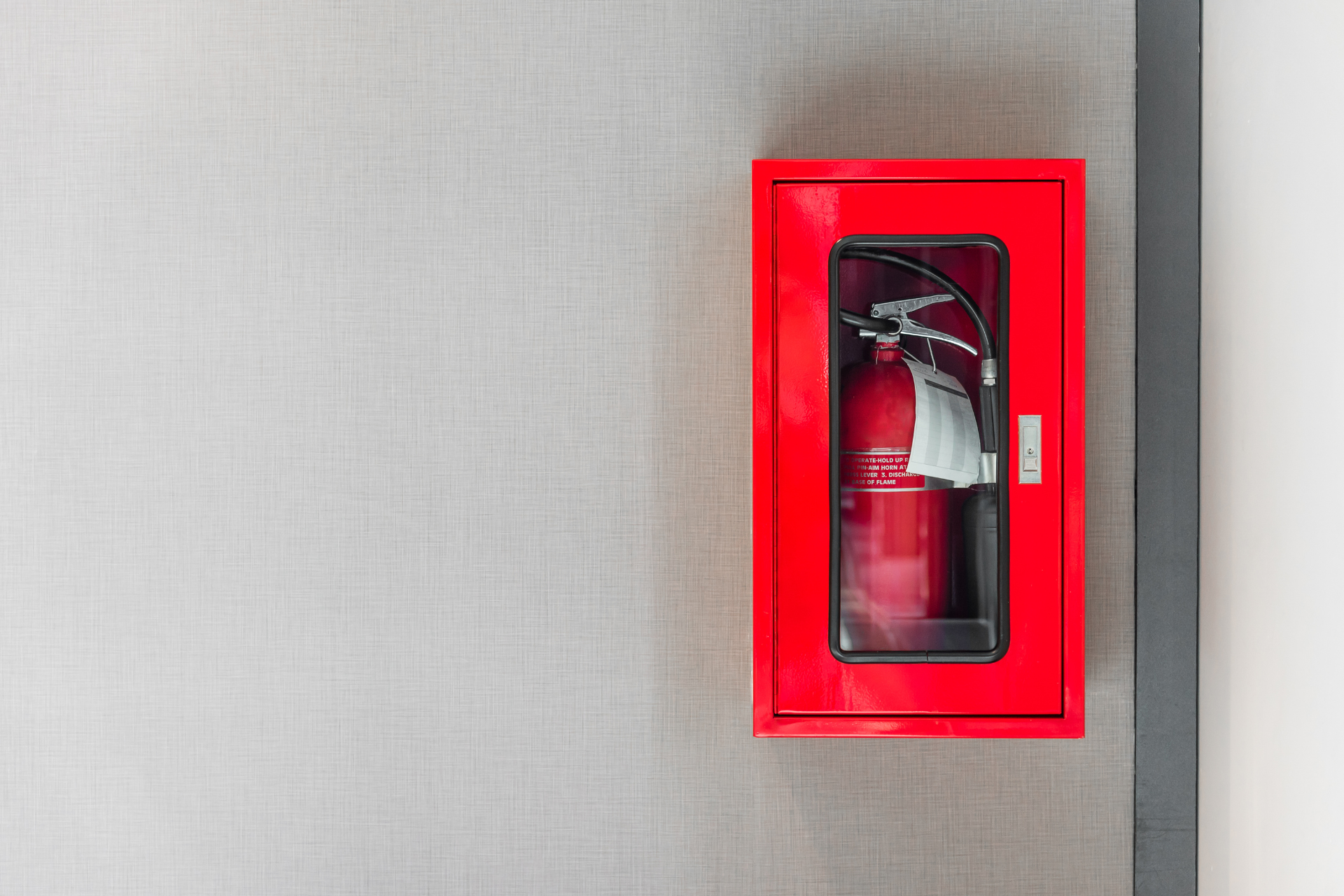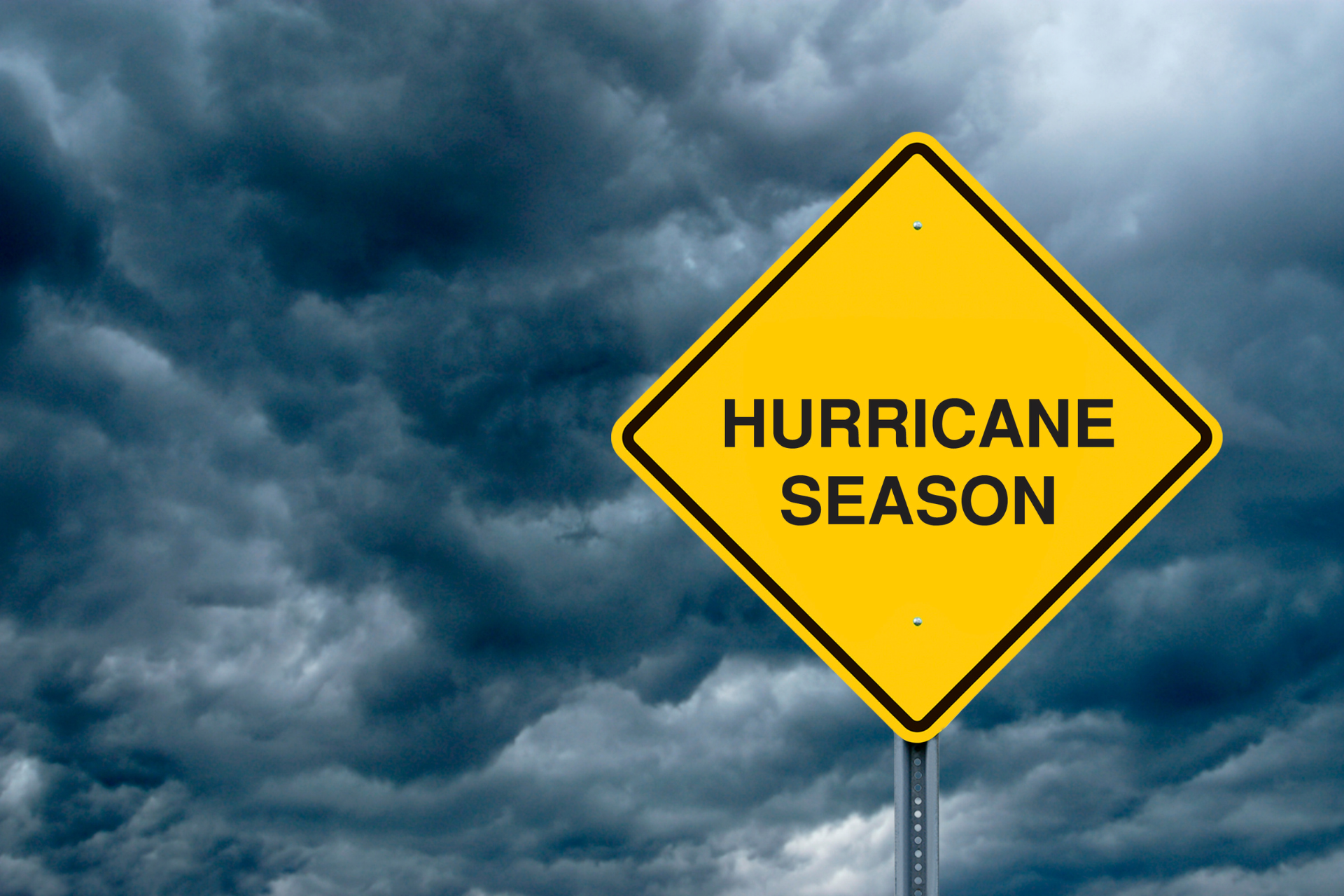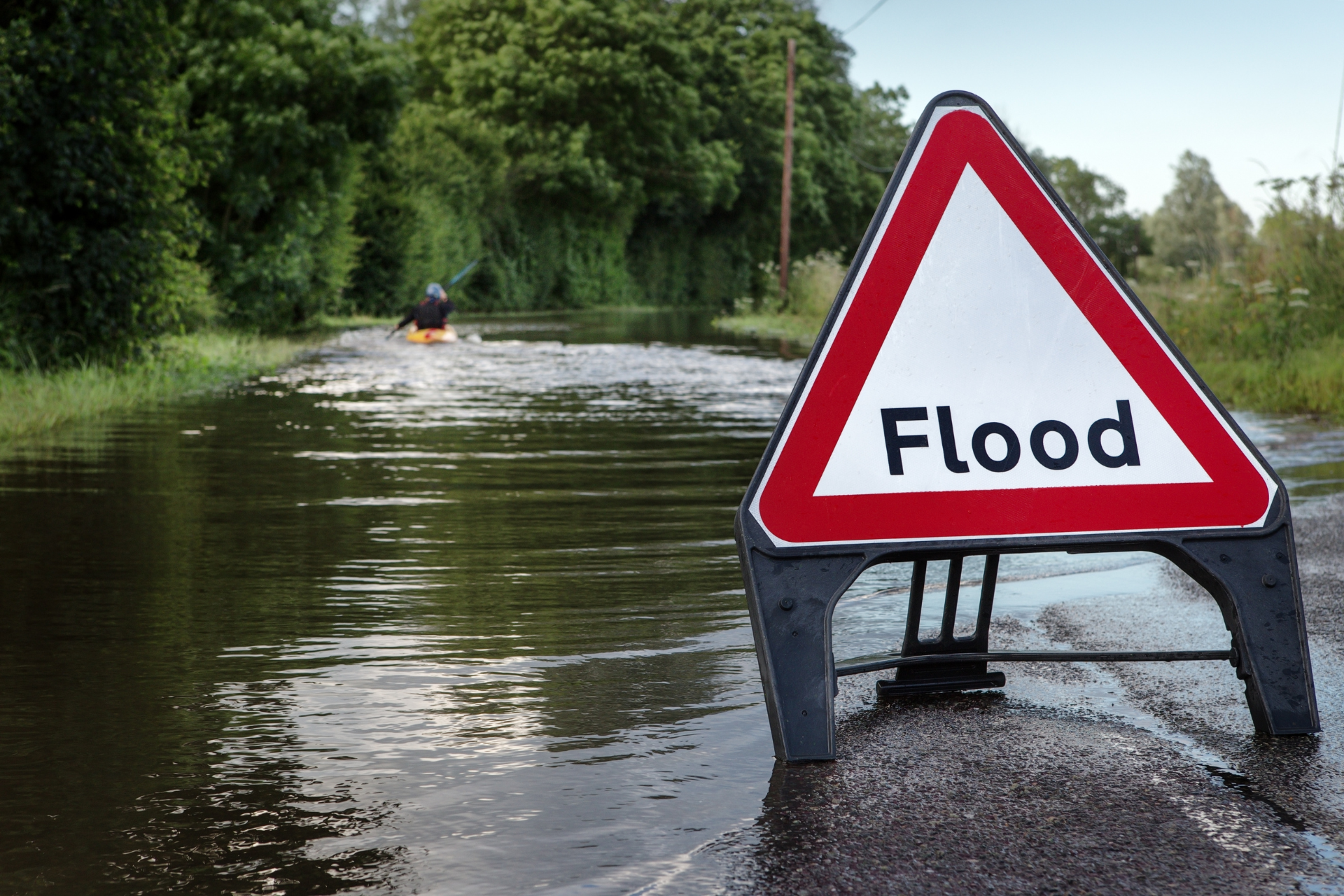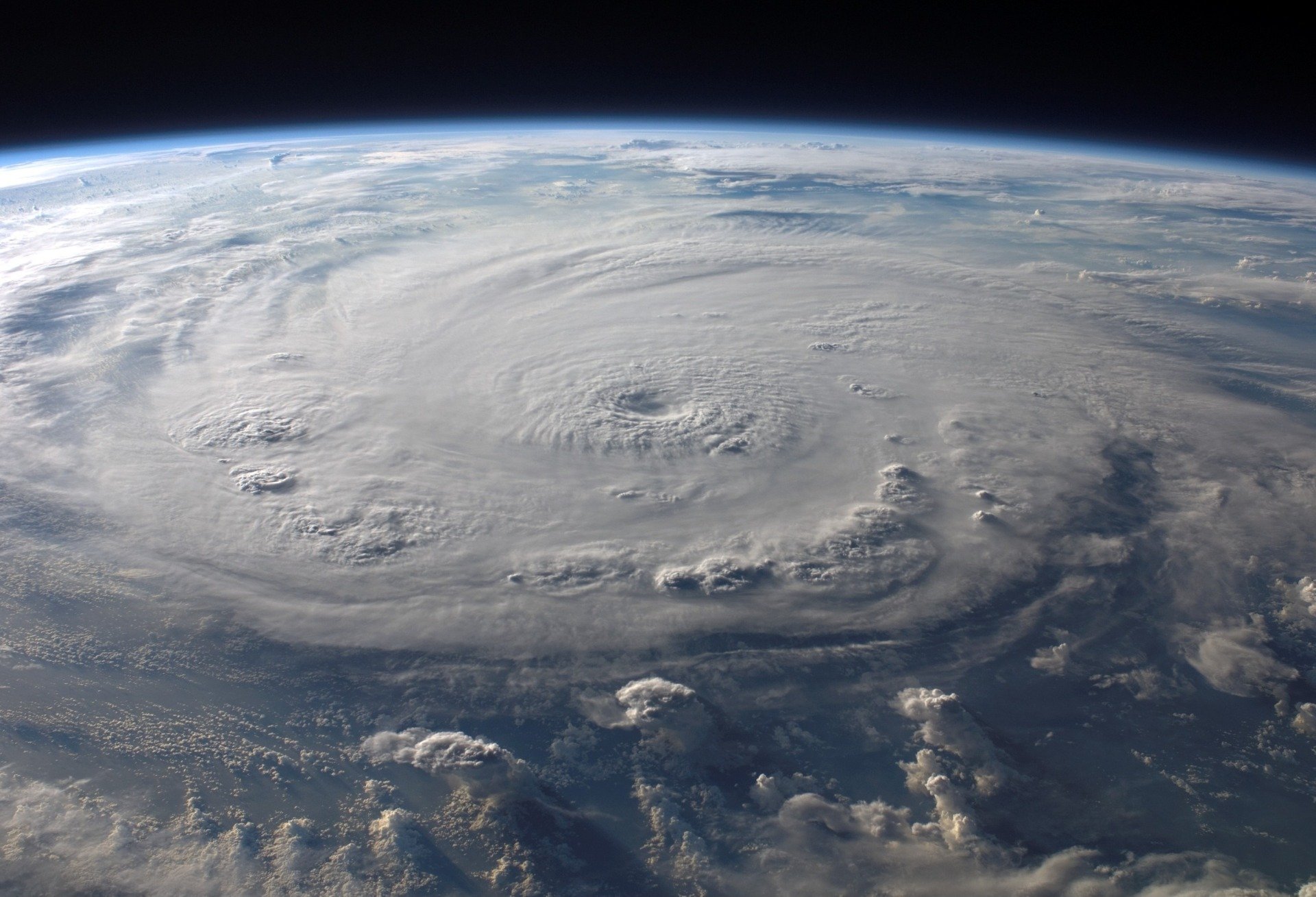The unpredictability of modern business environments has heightened concerns for owners about operations suddenly coming to a halt. With threats ranging from natural disasters to cyberattacks, even the most prepared businesses can face significant disruptions. Business interruption coverage emerges as a vital, though often overlooked, safety net.
Mitigating Lost Revenue
In the event of a direct physical loss, such as a devastating storm or fire, business interruption insurance helps replace lost income during eligible downtime. This ensures that businesses can continue to thrive even when operations are temporarily halted.
Covering Fixed Expenses
This insurance covers ongoing costs like rent, utilities, and loan payments, safeguarding financial stability even when the business isn't fully operational.
Ensuring Payroll Stability
A critical component of this coverage is its ability to protect payroll. Businesses can keep employees on the payroll, ensuring workforce stability and morale during the recovery period.
Supporting Temporary Relocation
Costs associated with relocating operations, such as setting up temporary workspaces, are also covered, allowing businesses to maintain their presence despite physical dislocation.
Handling Extra Recovery Expenses
Whether it's expedited shipping or equipment rentals, certain unexpected expenses that facilitate a quicker reopening are included, helping businesses bounce back efficiently.
Relevance to Modern Risks
Today's businesses face risks not limited to natural disasters. With the rise of cybersecurity threats and economic instability, business interruption coverage offers a crucial buffer against diverse modern challenges.
While every business faces risks, having a financial cushion can mean the difference between temporary shutdowns and permanent closure. Business interruption insurance offers a strategic component of a continuity plan, ensuring stability and peace of mind. Review your current policies to ensure you're protected against modern interruptions.
Types of Business Interruption Coverage
Understanding different types of coverage can further strengthen your business resilience:
- Contingent Business Interruption (CBI): Protects against losses if a supplier or key customer faces disruptions. For instance, CBI can support you if a main supplier's warehouse burns down.
- Civil Authority Coverage: Applies when access to your business is obstructed by governmental orders due to nearby damage, such as during wildfires.
- Extended Business Interruption Coverage: Extends benefits post-reopening until income normalcy is restored, crucial when recovery lags.
The Claims Process
Filing a claim requires proof of income loss. Accurate record-keeping, including financial records and documentation of expenses, eases the process. Maintaining business continuity plans and backups enhances this efficiency.
Real-World Examples
Consider the following scenarios:
- A restaurant suffers a kitchen fire and closes for three months; BI coverage helps manage income loss, wages, and temporary location rent.
- A manufacturer loses production following a supplier's facility destruction; CBI covers this gap.
- During a chemical spill, a shop remains undamaged but closed by civil orders; civil authority coverage compensates for lost revenue.
Business interruption coverage is a critical investment for every business. By preparing today, you ensure resilience tomorrow.































